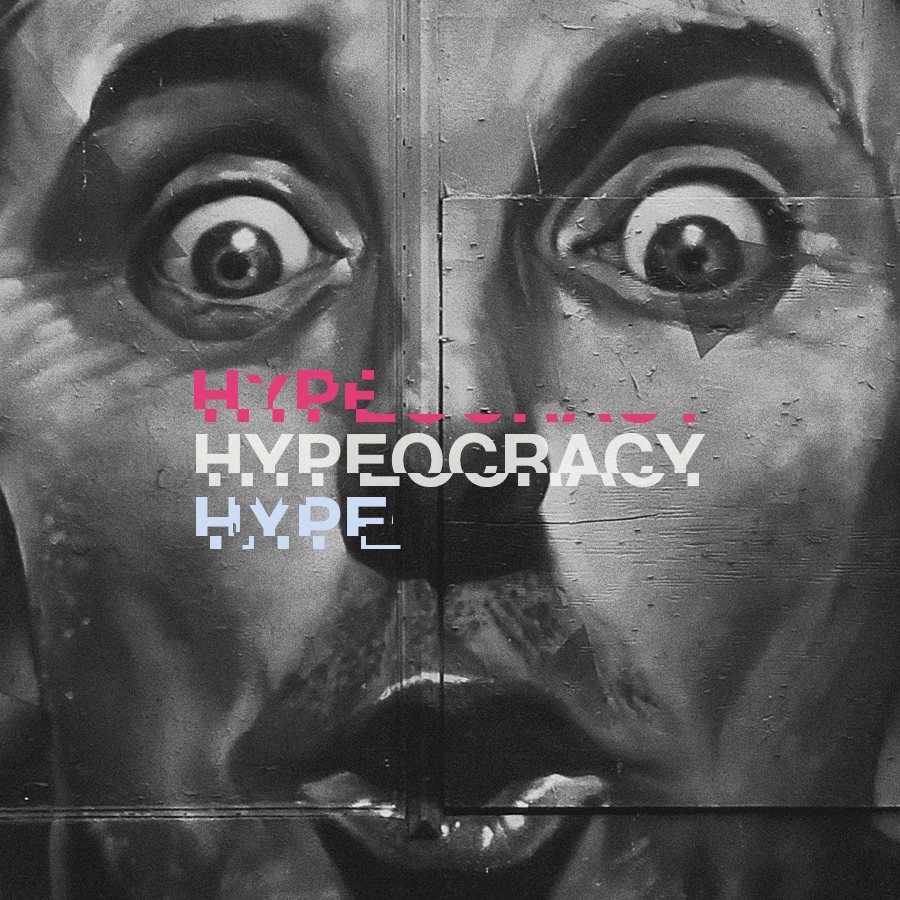Marginalize
In the past, the media and universities decided what sorts of ideas polite society would tolerate; they could push thoughts they didn't like outside the window of acceptability where no one would engage with them. That's what it means to be marginalized: to be kicked out of the centre of society to the edges where no respectable person can interact with you.
But the web doesn’t have a centre—it’s all fringe.
Ideas don’t wither and die out on the edges anymore, they just form new centres. In our electronic culture you can’t punish people by kicking them out of the 'mainstream' conversation. The main stream is just another stream; and honestly, not a very interesting one.
When the internet shattered the Overton Window—that window of mainstream acceptability—ideas started flowing through our culture with a freedom we'd never seen before. Suddenly, the old tactics for enclosing our imagination no longer worked. That was the golden age of the internet and it lasted for about ten or fifteen years.
Now, a more ruthless form of thought control has emerged online. The most dangerous ideological choke points in our culture are no longer the media or universities; they're relics of the past, ideological factories from a previous age. Today, a few giant tech companies can disappear people and ideas with the click of a button or the decision of an algorithm.
They don't marginalize. They erase. No explanation. No appeal. Just an algorithmically generated take down notice pointing you to some vague Community Standards.
We have the freedom to communicate in ways that our grandparents could never dream of. Over the next few years, we're going to find out whether we're actually free to use it.

